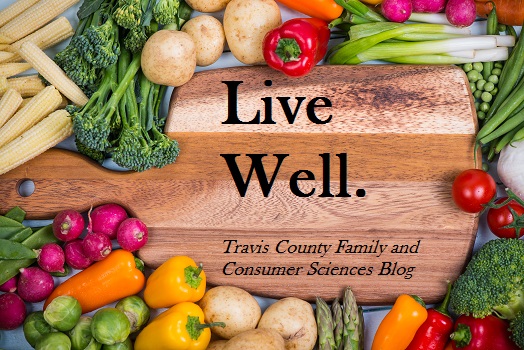By: Amanda Schroeder
What is one of the first things that most of us think when we start to feel the dreaded scratchy throat, runny nose, or any sign of an upcoming cold? “I need vitamin C!” Whether you’re one who likes to drink extra orange juice or one who would rather utilize a supplement, you’ve been told that increasing your intake will have you feeling better in no time. So, is it true? Yes! Vitamin C, sometimes called L-ascorbic acid, is a fundamental puzzle piece for a highly functioning immune system for a couple of reasons. Firstly, your body cannot make collagen without it. Collagen is a building block of your tissues (skin, tendons, ligaments, blood vessels, etc.), and it is required for your body to repair and heal wounds. Vitamin C also acts as a strong antioxidant, protecting your cells from damage caused by free radicals in our environment and inside your body. (And, just for the record, your body “ages” mostly due to the accumulation of these free radicals throughout your life!) It even has the ability to regenerate other antioxidants in your body, namely vitamin E, and can improve the absorption of a form of iron called nonheme iron, which is the form found in plant foods. If any vitamin deserves a cape and a superhero name, I think this is the one!
Since our bodies are unable to make vitamin C and have no real way to store it, we require a steady supply in our diets. Symptoms of deficiency can occur if consumption drops below about 10 mg per day for several weeks, which is uncommon in developed countries. (Though, it can still happen in those without much variety in their foods.) Vitamin C deficiency causes scurvy, which is fatal if left untreated. The first symptoms of scurvy that you might notice are fatigue and inflammation of the gums, followed by joint pain, poor wound healing, depression, bleeding gums and the loosening or loss of teeth. In addition, a lack of vitamin C can cause anemia due to a decrease in absorption of nonheme iron. We are very lucky in this country and most of us are able to enjoy a wide variety of foods in satisfying quantities, so scurvy is very rare here. Another term, vitamin C inadequacy, refers to vitamin C levels that are high enough to ward off scurvy but still not high enough for proper body functioning. Vitamin C inadequacy is much more common here, and certain groups are at a higher risk, including cigarette smokers and those inhaling secondhand smoke, people with limited variety in their foods, individuals with malabsorption and certain chronic diseases, and infants fed evaporated or boiled milk. Individuals in these groups who feel they might not be reaching their daily vitamin C goals should speak with a medical professional to discuss their personal levels and intake requirements.
Vitamin C is water-soluble, meaning that it dissolves in water and any excess can be excreted in the urine. Since your body can get rid of it in this way, the risk of toxicity is considered to be quite low for healthy people. Common symptoms of excessive vitamin C include nausea, abdominal cramps, diarrhea, and other forms of gastrointestinal distress. For some, especially those with renal disorders, excess vitamin C might also cause the development of kidney stones by increasing oxalate and uric acid excretion in the urine. Large doses of vitamin C (generally through supplementation) can be particularly harmful during pregnancy. Though it might seem backward, toxicity during pregnancy can cause vitamin C deficiency in the baby following delivery. Newer studies have emerged (though not enough to make any real claims) that indicate that, in excess, vitamin C might cause the absorption of too much iron or might actually turn into a pro-oxidant, causing oxidative damage itself! Again, too few studies have been considered to say those things are absolutely true, but as always, it recommended that you ingest your vitamin C through the foods that you eat, instead of supplements.
The good news is that vitamin C is found in every single fruit and vegetable! It is important to be aware that vitamins are very quickly degraded by heat, so you will always get the highest amount of vitamin C from raw plant foods.
Now that you know all there is to know, how much should you be ingesting every day? Take a look at this table for specific requirements based on your gender and age.
| Recommended Dietary Allowances (RDAs) for Vitamin C | ||||
| Age | Male | Female | Pregnancy | Lactation |
| 0–6 months | 40 mg* | 40 mg* | ||
| 7–12 months | 50 mg* | 50 mg* | ||
| 1–3 years | 15 mg | 15 mg | ||
| 4–8 years | 25 mg | 25 mg | ||
| 9–13 years | 45 mg | 45 mg | ||
| 14–18 years | 75 mg | 65 mg | 80 mg | 115 mg |
| 19+ years | 90 mg | 75 mg | 85 mg | 120 mg |
| Smokers | Individuals who smoke require 35 mg/day more vitamin C than nonsmokers. |
|||
(https://ods.od.nih.gov/factsheets/VitaminC-HealthProfessional/#h3)
Ready to get started? Here are some simple, delicious recipes that are full of vitamin C!
References
